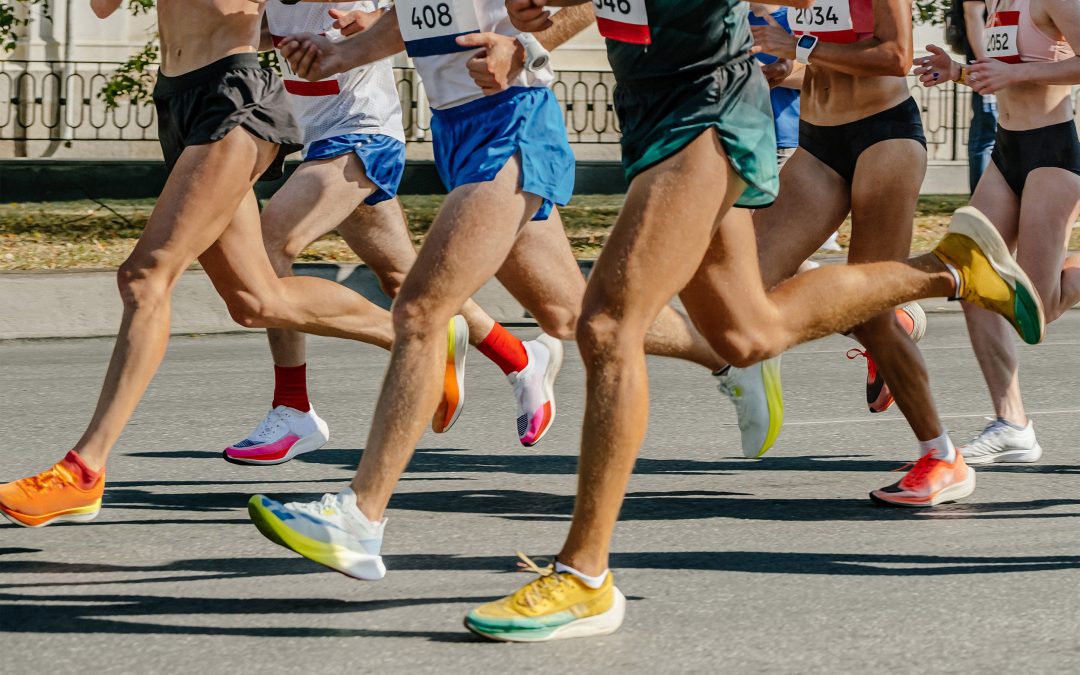The Paris Marathon is undoubtedly one of the most iconic and picturesque marathons in the world. With its stunning route that takes you through some of the most famous landmarks of the city, running the Paris Marathon is a dream come true for many.
However, like any major athletic endeavor, it comes with its share of questions and uncertainties. In this article, we’ll answer the top 10 questions that often come to mind when considering participating in the Paris Marathon.
1. How Do I Register for the Paris Marathon?
The first step to realizing your dream of running the Paris Marathon is to register. The registration process is relatively straightforward. You can visit the official Paris Marathon website and follow the instructions there. It’s essential to keep an eye on important dates and deadlines as registration typically opens several months before the race.
Register for the 2024 event here:
2. What Are the Requirements to Participate?
To participate in the Paris Marathon, you’ll need to be at least 21 years old and have a medical certificate. The medical certificate or a copy must be signed by your doctor and dated within one year of the race. The medical certificate must state one of the following three things:
- Competing as an athlete is not contraindicated
- No contraindications exist for competitive running
- Participation in competitive sports is not contraindicated
These requirements ensure that runners are physically prepared for the race and can complete it safely. It’s essential to double-check the specific eligibility criteria on the official website.
3. When and Where Does the Paris Marathon Take Place?
The Paris Marathon usually takes place in early April, the 2024 marathon will be on 7 April. The starting line is located near the famous Arc de Triomphe, and the route winds its way through the heart of the city, passing iconic landmarks such as the Eiffel Tower, Notre-Dame Cathedral, and the Louvre.
4. How Should I Train for a Marathon?
Training for a marathon is a significant commitment. Most marathon training plans range from 12 to 20 weeks and involve progressively longer runs, cross-training, and rest days. It’s essential to follow a well-structured training plan to build the endurance and strength required to complete a marathon successfully.
5. What Is the Paris Marathon Route Like?
The Paris Marathon route is arguably one of the most scenic in the world. The course takes you through the city’s historic streets, alongside the Seine River, and past world-famous museums and monuments. Expect a mix of flat and hilly terrain, providing a challenging yet captivating experience.
6. Can I Qualify for the Olympics Through the Paris Marathon?
For ambitious runners, the Paris Marathon can be a pathway to Olympic qualification. Athletes have the opportunity to achieve Olympic qualifying times, which could potentially lead to representing their country at the Olympic Games. Specific entry standards and criteria vary, so it’s essential to stay informed about the latest requirements.
7. Are There Other Ways to Participate in the Paris Marathon?
If you don’t qualify through standard registration, there are alternative ways to secure a spot in the Paris Marathon. You can explore charity entries or sports challenges that provide opportunities to participate in this prestigious event while supporting a good cause.
8. Where Should I Stay in Paris During the Marathon?
Choosing the right accommodation is crucial for a successful marathon experience. Consider staying in areas near the starting line or with easy access to public transportation to ensure a convenient commute on race day. At I Run The Globe we provide accomodation packages specifically tailored to marathon athletes. Click here to learn more.
9. What Should I Pack for the Paris Marathon?
Packing for a marathon involves more than just your running gear. You’ll need essentials like running shoes, comfortable clothing, hydration supplies, and nutrition. Be sure to create a checklist to ensure you don’t forget anything important.
10. What Can I Expect After Completing the Paris Marathon?
After crossing the finish line, you’ll experience a sense of accomplishment like no other. Be prepared for medal collection and celebrations with other runners. Additionally, take some time to explore the post-race atmosphere and the vibrant city of Paris.
Also read: Top 10 Questions About Running the London Marathon
In conclusion, running the Paris Marathon is a remarkable achievement and an unforgettable experience. With proper preparation, determination, and answers to these top 10 questions, you can embark on this incredible journey and make your mark on the streets of Paris. So, lace up your running shoes, start training, and get ready to conquer the Paris Marathon!

